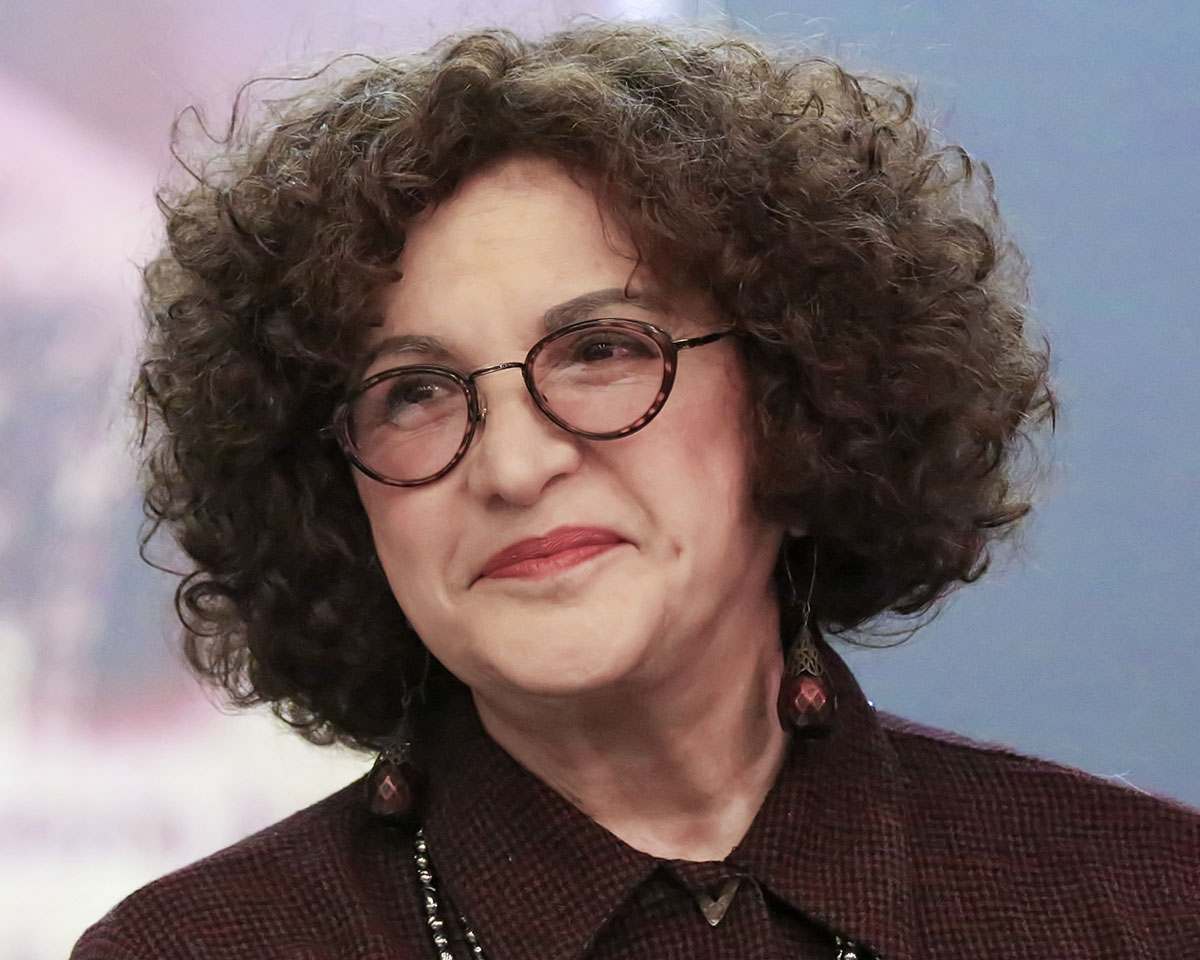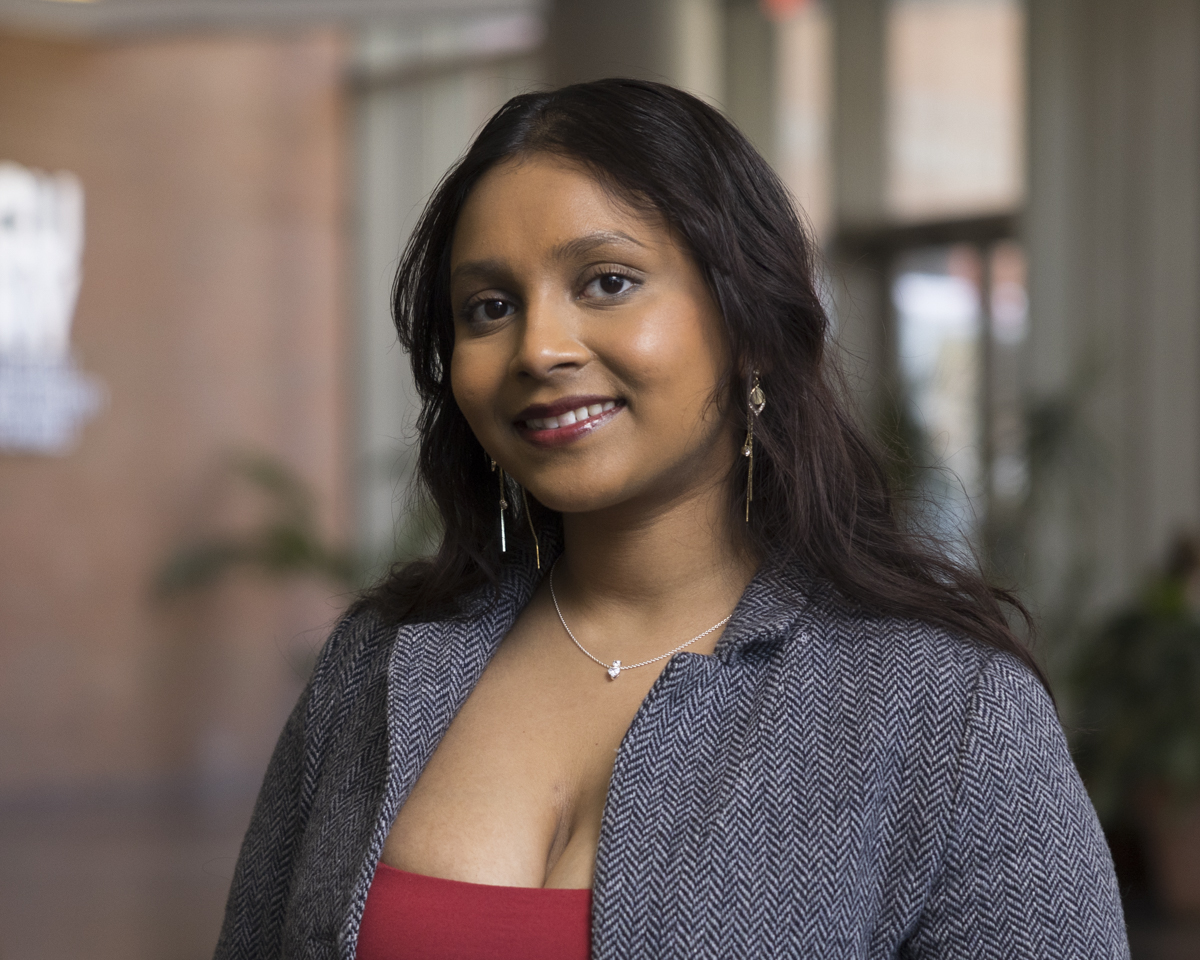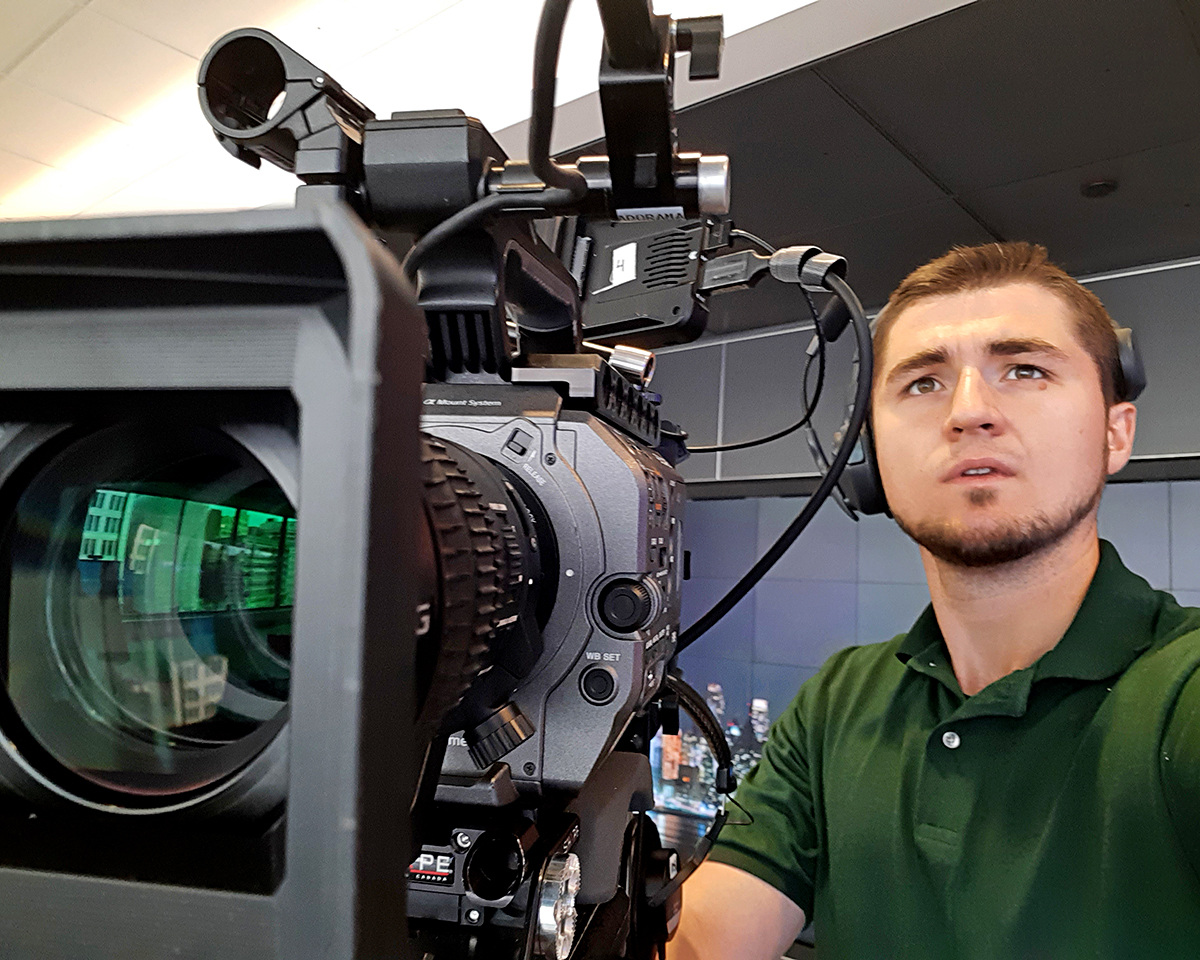Each year, the Brooklyn College Alumni Association presents awards to selected alumni for their distinguished careers and outstanding achievements. This year eight individuals received the Alumni of the Year award, the Distinguished Achievement Award, the Young Alumni Award, and the Jerome S. Milgram Award for distinguished service in advancing the Alumni Association and its activities on behalf of Brooklyn College.
A child of a family of Dominican poets, writers, and educators, Luisa Sherezada (Chiqui) Vicioso ’79 enrolled in Brooklyn College and immediately began connecting with the community of Latino and Black Caribbean students. After graduating with a Sociology and Latin American History Studies degree, Vicioso earned a master’s degree in educational program design from Columbia University and did post-graduate studies in cultural administration at Fundação Getulio Vargas in Brazil. She has worked for over 20 years at the United Nations specializing in women’s issues and education. A promoter of Dominican women poets, Vicioso has supported their work throughout her career. She was appointed as the ambassador for women’s, children’s, and youth affairs for the Foreign Relations Ministry in her native country. In 2012, she was the vice presidential candidate for the Alianza País party. The author of numerous publications, including plays, volumes of poetry, essays, short stories and novels, today, Vicioso is working on a English publication of her novel Sireno (2020) and has begun her next, titled Nuyol, about the first Dominican immigrants to arrive in 1896 New York.
Can you tell us about your background?
I was born into a family of artists. My grandfather was a journalist and poet in charge of the social chronicles of the leading newspaper on the island: The Listin Diario. My father, Tony Vicioso, revolutionized poetry and music on the island. He and my mother Maria Luisa Sanchez led a cultural group that questioned the rigid cannons we had inherited from Spain. My father was also a musician. He played seven instruments, and after he traveled to the U.S. on a scholarship for winning a painting prize, he traveled to the South. He revolutionized Spanish boleros with blues and other southern rhythms.
What decided you on Brooklyn College?
In 1965, President [Lyndon B.] Johnson enacted a law requiring all universities that received federal funding to enroll minorities. Brooklyn College reached out to the Hispanic community, and eight other Dominicans and I were enrolled, with the generous help of Puerto Rican students. We subsequently met with Black students and students from other parts of the Caribbean, which provided us with new knowledge about the region since we thought the Caribbean was only “The Greater Antilles,” which includes Puerto Rico, Cuba, and the Dominican Republic. We formed the Third World Peoples Alliance, and that is also how I learned about the great thinkers of Jamaica, like Marcus Garvey, Martinique’s Frantz Fanon, Eugenio Maria de Hostos, and leaders like Martin Luther King, Jr., Malcolm X, Angela Davis, among many others. My Caribbean vision expanded.
Did you enter college knowing what career you wanted?
When I enrolled, I ignored what career to choose. Six months enrolled and I was ready to abandon college for what I felt was the lack of intellectual challenges and debates. At the time, everyone seemed in a hurry to finish their career and get a job. I was bored. But then I met several professors essential for my intellectual development and human values. Of those, Prof. Hobart Spalding taught me to always look for the other side of the story and history. Everything I learned about my own history as a Dominican and Latino woman I owe to him. I consider Professor Huebner the best philosopher I have ever met. He taught me to love the discipline and is only surpassed by Herbert Marcuse and Eric Fromm, whom I met through him. To this day, Eros and Civilization and One Dimensional Man are books that I always recommend. I owe my professors and the university my intellectual development and sense of identity.
There was a time when women’s voices were less prominent in Dominican literature. Could you speak about that?
When I returned to the Dominican Republic all the female poets complained about not being taken seriously and not being able to publish, so I created The Circle for Women Poets so we could promote our own work and that of previous poets ignored or dismissed by the literary establishment. We also highlighted the work of peasant women who had a very particular way of expressing themselves poetically. I wrote the first book of feminist literary criticism influenced by the work of Elaine Showalter called Algo que decir, Something to Declare. The kind of aggression against us from the patriarchy that we received was enormous. So I introduced what I call “Cultural Guerilla Warfare,” which means that when they closed the door to us as poets, we wrote essays; when they closed that door, we wrote theater. I earned the National Prize in Theater Cristobal de Llerena for my first play Wish-ky Sour. It was the first time it was awarded to a woman in the Dominican Republic; that only won me more backlash. But I also learned resilience in the United States, so no small island was going to defeat me or any of the Dominican women poets and writers.
You have been involved in non-governmental organizations such as the United Nations and ran for vice president in the Dominican Republic in 2012.
I worked 22 years at the United Nations and UN.-related NGOs on women issues and education. I also ran for the vice presidency with presidential candidate Guillermo Moreno of the Alianza Pais Party, while working for the Ministry of Foreign Relations as an ambassador for women, children, and adolescent issues. It was quite an experience.
What are you are doing/working on today?
I am working now on launching my novel Sireno and its translation into Portuguese in Brazil. I already launched it in Lisbon, Portugal, at the Jose Saramago Foundation. Hopefully, in July, I will start writing my next novel, Nuyol, about 1896 New York, when the first Dominican immigrants arrived in the U.S.
What advice would you give to today’s students?
I would advise students to be curious, read, and research. Do not take any knowledge or viewpoint for granted. University education will then be exciting and challenging. Not doing so can only contribute to your homogenization and that is a waste of your uniqueness and intelligence.



